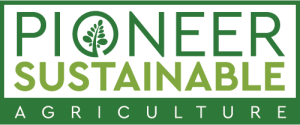Our Impact
Social, Environmental & Economic
PSAL's Social & Economic Impact
Youth Empowerment
PSAL has been working in collaboration with Universities in Nigeria aimed at providing students with live case studies by embedding them temporarily in our operations to transfer practical knowledge. Not only will the students be trained in various aspects of the value chain, It will also equip students with the production and operational knowledge required to work in farm management, processing, sales/export and the international export market; ensuring better preparedness and employability once they graduate. This outreach programme is designed to promote the education, training and thus empowerment of the local youth.
Our current management team has members from the first generation of our collaboration with the universities. Of our 150 current employees, we have embedded various groups of young agricultural researchers and students of agriculture into our own research efforts to provide them with skill and knowledge transfer in the context of a real-life business.
The collaboration plans to reach 30 university students per month. This will develop human capital within Nigeria that has the skills to promote the internationalisation of the Nigerian economy and diversify the country’s economic base by distributing commodities beyond the domestic market.
Knowledge & Skill Transfer
Our research and local knowledge transfer of agricultural best practices is driven by our cooperation with the International Institute for Tropical Agriculture, Ibadan.
Working with various partners across Sub-Saharan Africa, IITA works to improve livelihoods, enhance food and nutrition security, increase employment, and preserve natural resource integrity.
Our local research partners are Leventis Foundation Nigeria, an agricultural research foundation founded in 1988. The Foundation’s main goal is the training of young farmers in modern agricultural methods to promote the agricultural self-sufficiency of local communities. We furthermore will erect buildings to house our research facilities separate from our processing warehouses
Gender Equality
In the context of job creation, knowledge and skill transfer, as well as educational efforts , one of our top priorities has always been to promote gender equality and women’s empowerment.
We have launched specialised mentoring programmes to encourage women we employ or that participate in our training programmes to apply for leadership positions within our organisation. Our trained staff ensures that our organisation and farms provide a safe and secure environment for women to work and receive training in.
Our most recent drive has been to ensure that we work towards a 50:50 ratio of men:women in our operations by year ending 2020. In most developing nations across the world, women living in rural areas have no alternative to paid factory work/agriculture. Work in these circumstances doesn’t just guarantee them a better life, but guarantees a better life for their families. It is a fact that an increase in female labor force participation results in faster economic growth of the country as it leads to more investment in children’s health, education and the household income. We hold the United Nations theory on: “When more women work, Economies grow.”
Outgrower Programme
Not only have we been investing in Technology at our farms, we also support many farmer training programmes. We have established a strong agricultural relationship with farmers across Kaduna that ensures that small and marginal farmers are able to access technical expertise and aid in commercial organisation.
As local workers gain knowledge and skills through receiving knowledge on how to plant and grow for a more productive harvest, we expect to see local living standards increase. We aim to educate workers about the financial and environmental advantages of organic farming through the knowledge transfer in our Outgrower Programmea
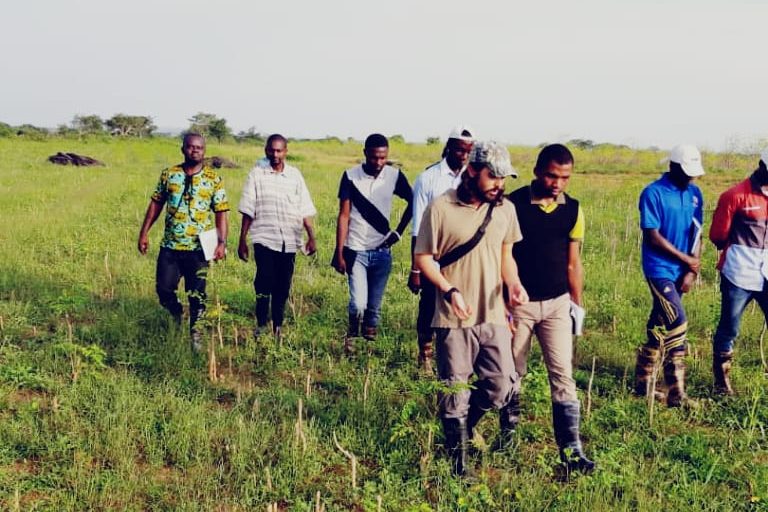
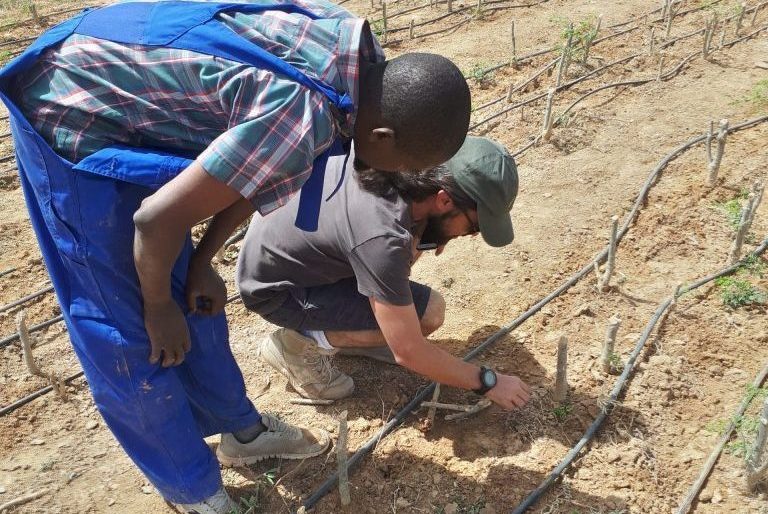
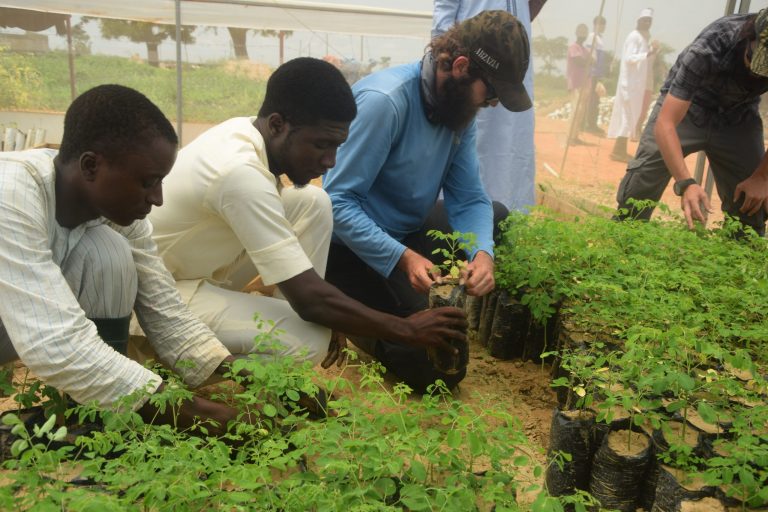
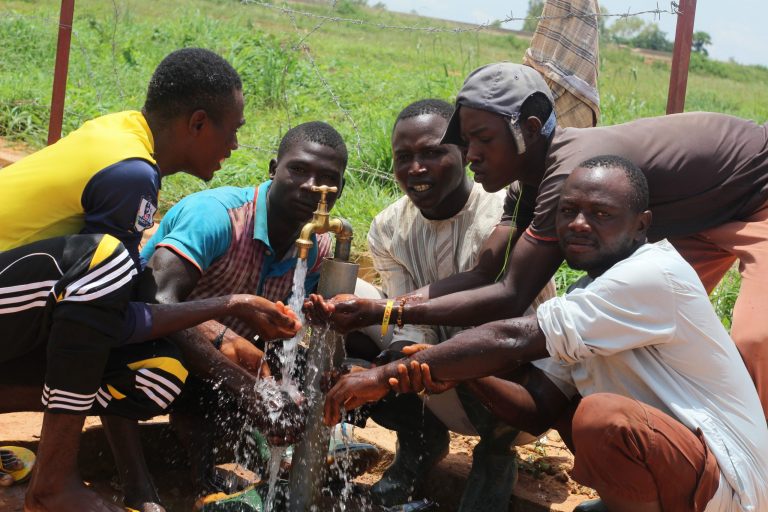
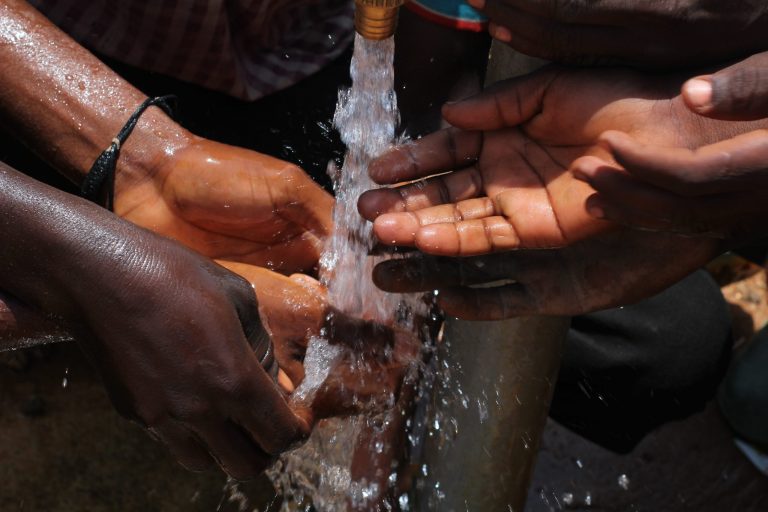
PSAL's Environmental Impact
Impact of our Farming & Processing Operations
PSAL is CO2 Negative
Our crops sequester more CO2 than the food products derived from them require for their production. We have planted over 250,000 trees as part of our farm expansion. our Moringa crops sequester 20x more CO2 than general vegetation.
Efficient use of Water
In a typical tropical country like Nigeria, rain falls in different months of the year at different places, as the rainbelt appears to follow the relative northward and southward movements of the sun. In this tropical situation of a marked seasonal rainfall regime, variability of the onset and retreat of rain is highly significant, and its estimation and prediction are necessary. We use various historical data to determine the best sowing and harvesting time, to catch as much natural rainfall as possible. We also use Drip Irrigation methods. Our Drip Irrigation system allows us to minimise our water use and wastage.
Organic Agriculture
We do not use any chemical fertilisers or pesticides. Everything we grow is purely Organic. This means we have a sustainable footprint on the local soil and groundwater.
Resourceful use of inputs for Crop Cultivation.
Nigeria is a water rich nation with adequate water sources to support massive commercial-scale agricultural development. These water resources however, are unevenly distributed in the country and there is need for the efficient use and management of the available water resources. Increasing the productive use especially in the northern region of the country where there is an increasing incidence of drought is crucial to healthy and sustainable agricultural growth. In the not-to-distant future, the different economic sectors competition for water will grow.
PSAL has made efficient and responsible water utilization a core component of our social and environmental responsibility, project sustainability and commitment to positive impact on our host communities.
The irrigation on our farms utilizes drip irrigation, the most efficient system in terms of water utilization. We ensure that our water usage to nutrient output ratio is positive.
This means that the nutrients available in each kg of our produce is greater than the other crops that could be produced with the same amount or less of irrigation water.
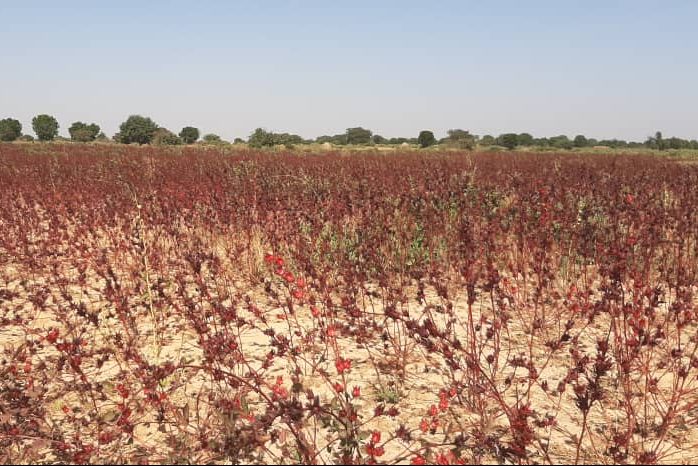
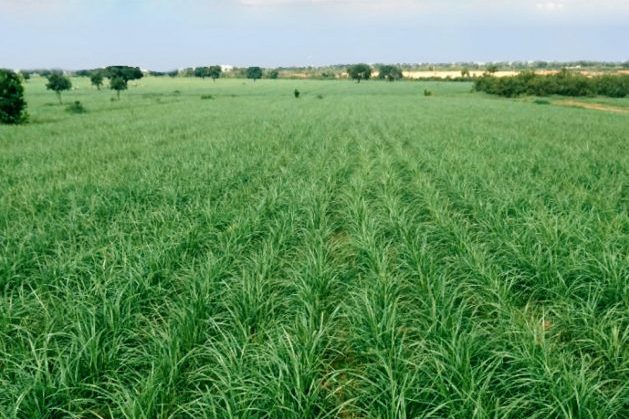
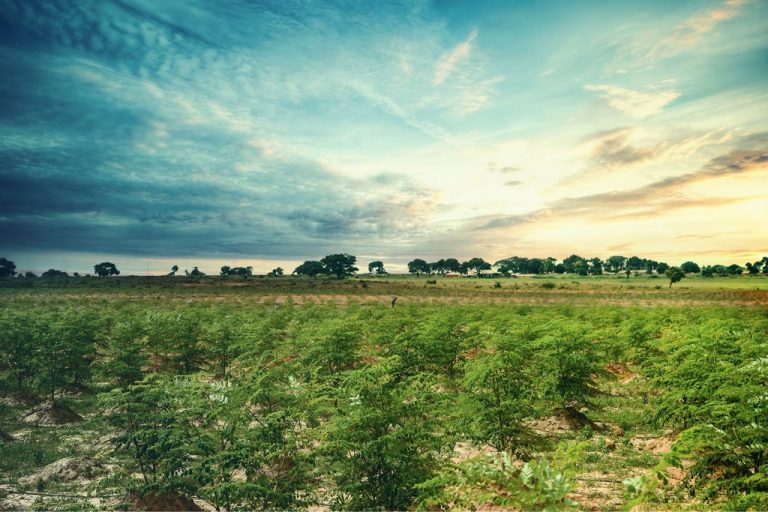
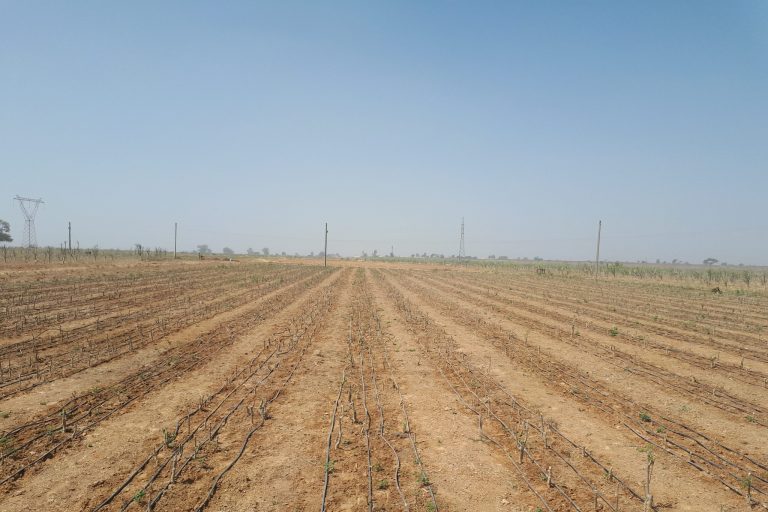
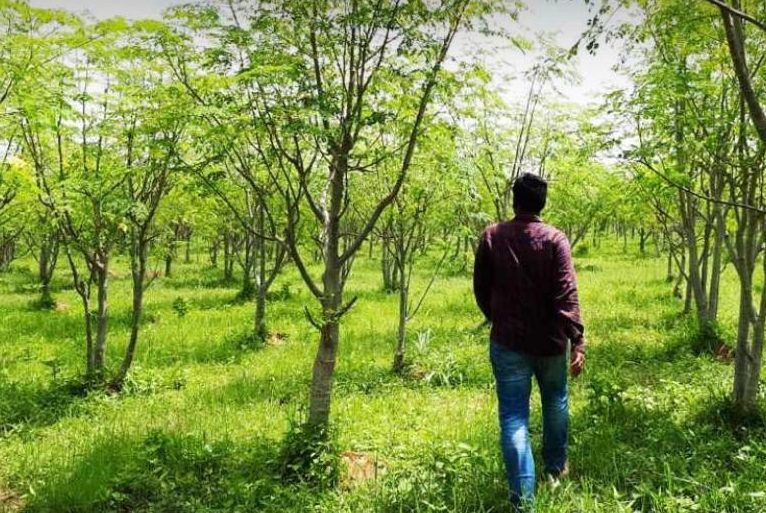

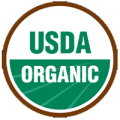
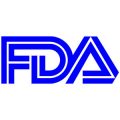
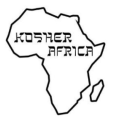
Expand our certification portfolio.
Obtaining the following certifications will bolster our credentials as a leading organic farming business promoting key sustainability and P.P.P. objectives.



Request details of our Impact Policy
